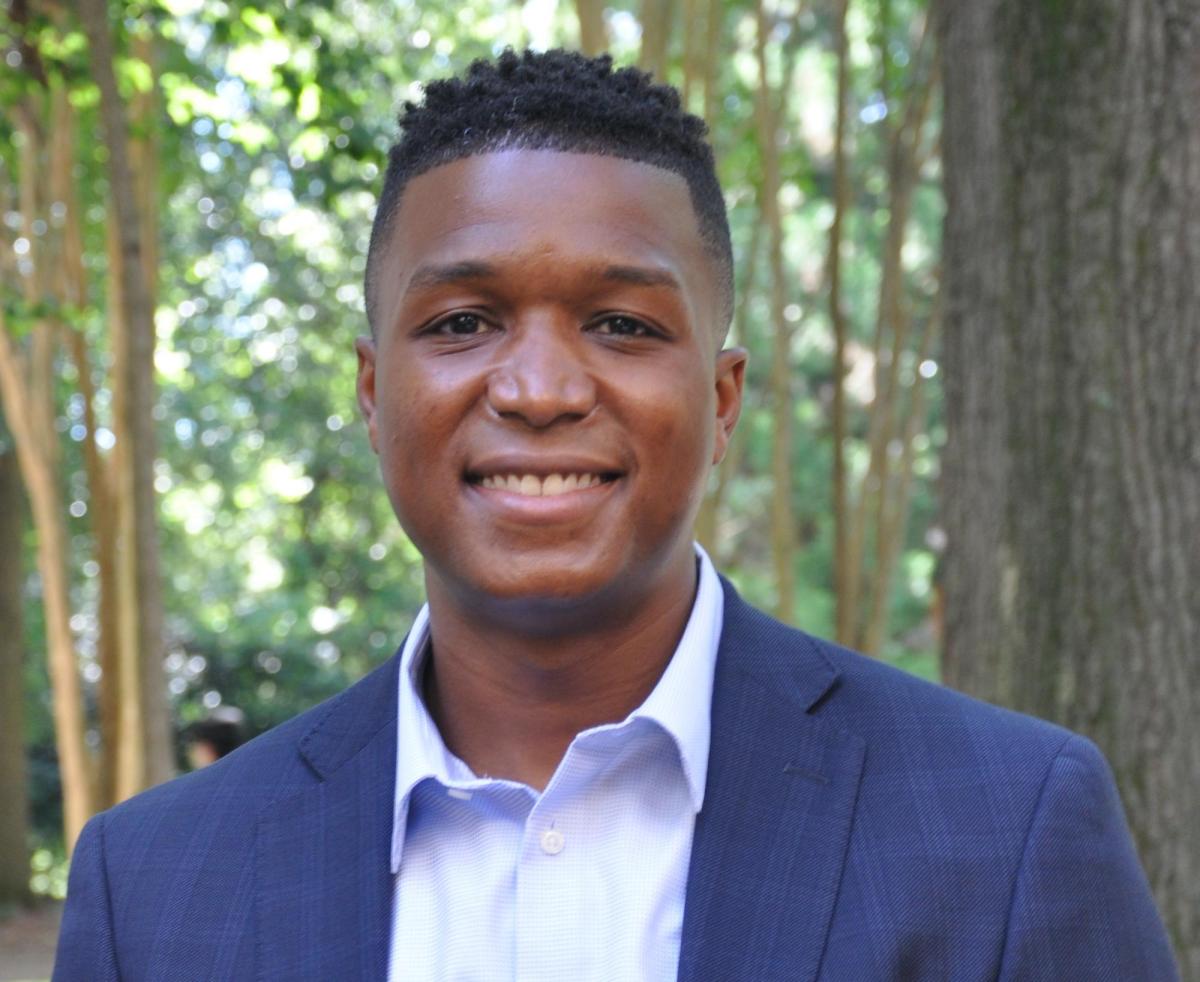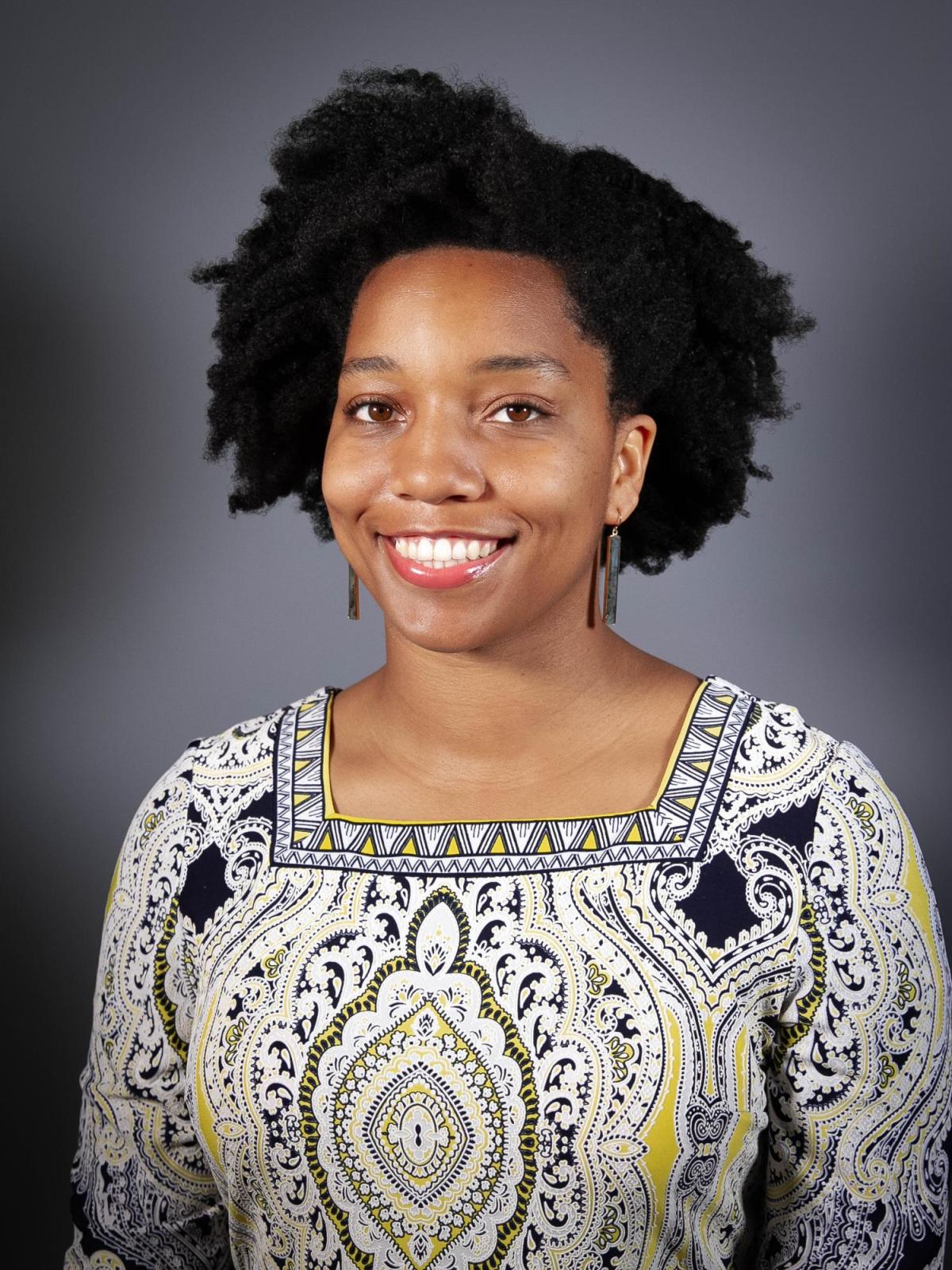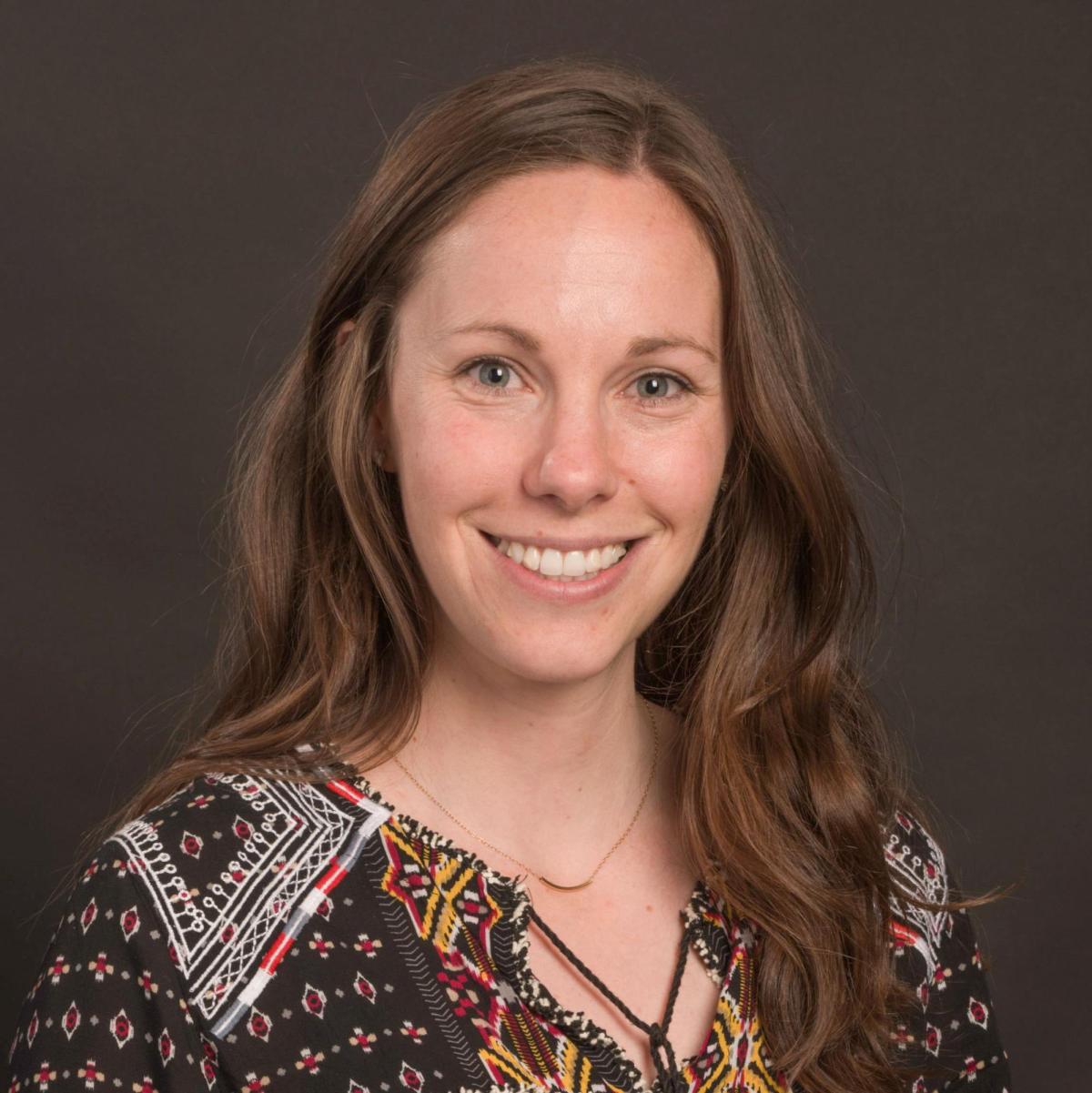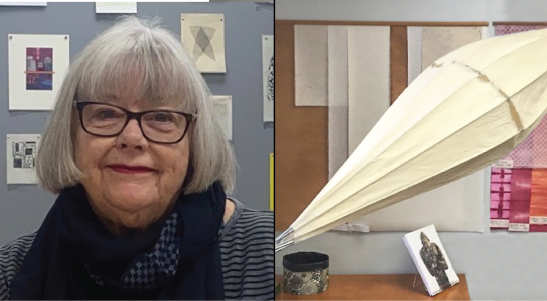The Bob Moses Scholarship is a national scholarship opportunity designed to support a graduate student from an underrepresented group who is pursuing a master’s or doctoral degree in mathematics education or a STEM discipline. The scholarship award is $15,000 and the application deadline is April 3, 2023.
The inaugural scholarship is named in honor of the late Bob Moses, a pioneering civil rights leader and educator who founded The Algebra Project, a national U.S. mathematics literacy program aimed at helping low-income students and students of color achieve the mathematical skills in high school that are a prerequisite for success in college and beyond. For more information on eligibility requirements and application instructions, please see the attached announcement.







